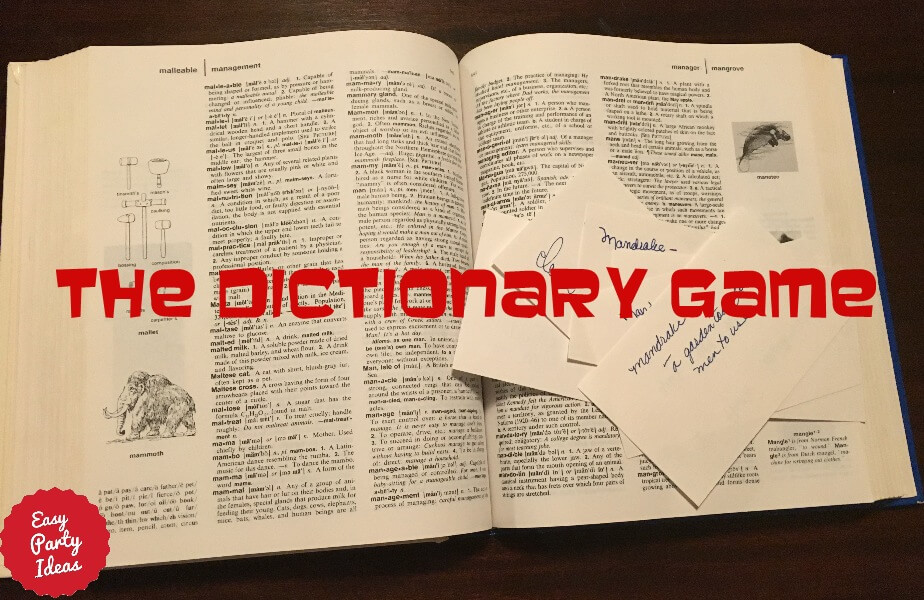I'm always fascinated to discover the origins of expressions. Where did the expression, for example, mind your Ps and Qs come from? Some are obvious and based on common sense. How much thinking does it take to realize the meaning of "A stitch in time saves nine." Every seamstress knows that. And then there are those relating to the company we keep. "One bad apple can spoil the whole barrel." or "Birds of a feather flock together." My mom used those expressions warning about the importance of choosing friends wisely.
Words are important. They can be balm to the spirit or weapons to wound. They can be manipulated to deceive or shine the light of truth. They can spur the imagination or crush the spirit.
My mom loved words. She would read the dictionary. She instilled a love for education in her children, one of the gifts for which I'm thankful. She believed an educated woman is an educated family and encouraged us to never stop learning. Mostly she did it by example. Thank you, Mom!
I love words too. One of our favorite games when all our children were readers was the dictionary game -- not the one you can buy (Balderdash), but the one you play with a dictionary, paper, and pencils. The person who was IT, found a word in the dictionary that no one would likely know and wrote the true definition. Everyone else made one up. Some players were comedians who deliberately created outlandish definitions, but sometimes the real definition was pretty outlandish. I have plenty of memories from that game that make me smile, although I didn't retain much in the way of expanding my vocabulary.
One word that I don't remember meant "sour camel's milk." Another word I remember was "toyon." I'd have to look it up for the real definition, but our son, who loved the ridiculous, wrote that it was a Chinese toy. We enjoyed so many fun games around our dining room table. We still do.
The other day in my article on patience, I used the expression "to plumb the depths." Afterwards I wondered where that expression came from so I looked it up. And here's what I found at Grammar-Monster.com:
To plumb the depths means to let someone or yourself down severely. It also means to explore intensely. This saying has a nautical origin. It derives from when a sailor would be required to lower a lead weight into the sea on a length of rope to determine the depth of the water. In doing so, he would be required to lower the weight to the very bottom of the sea. You are perceived as being as low as the lead weight when you let someone (or yourself) down badly. Also, extending the rope all the way to the bottom means that you have kept going until you have your answer, and this is why to plumb the depths also means to explore intensely.
I've never heard the expression used meaning to "let someone or yourself down severely," although I suppose perhaps being in the "depths" of despair is associated. But I've often heard it used in the second sense, "to explore intensely." And I guess that applies to my study on patience, so it isn't such a digression as I thought when I started this post. I want to plumb the depths of the virtue of patience.
As for minding your Ps and Qs you can plumb the depths of that expression here.



A vocabulary-building game we play in my family is to choose a random word in the dictionary then use it to see who can find the most words of four or more words. Scoring is one point for each four letter word, two points for five letter words, etc. Simple, fun, and educational.
ReplyDelete"Mind your Ps & Qs'' is explained in this video: https://youtu.be/Syp1DVQgN_g?t=993
ReplyDelete